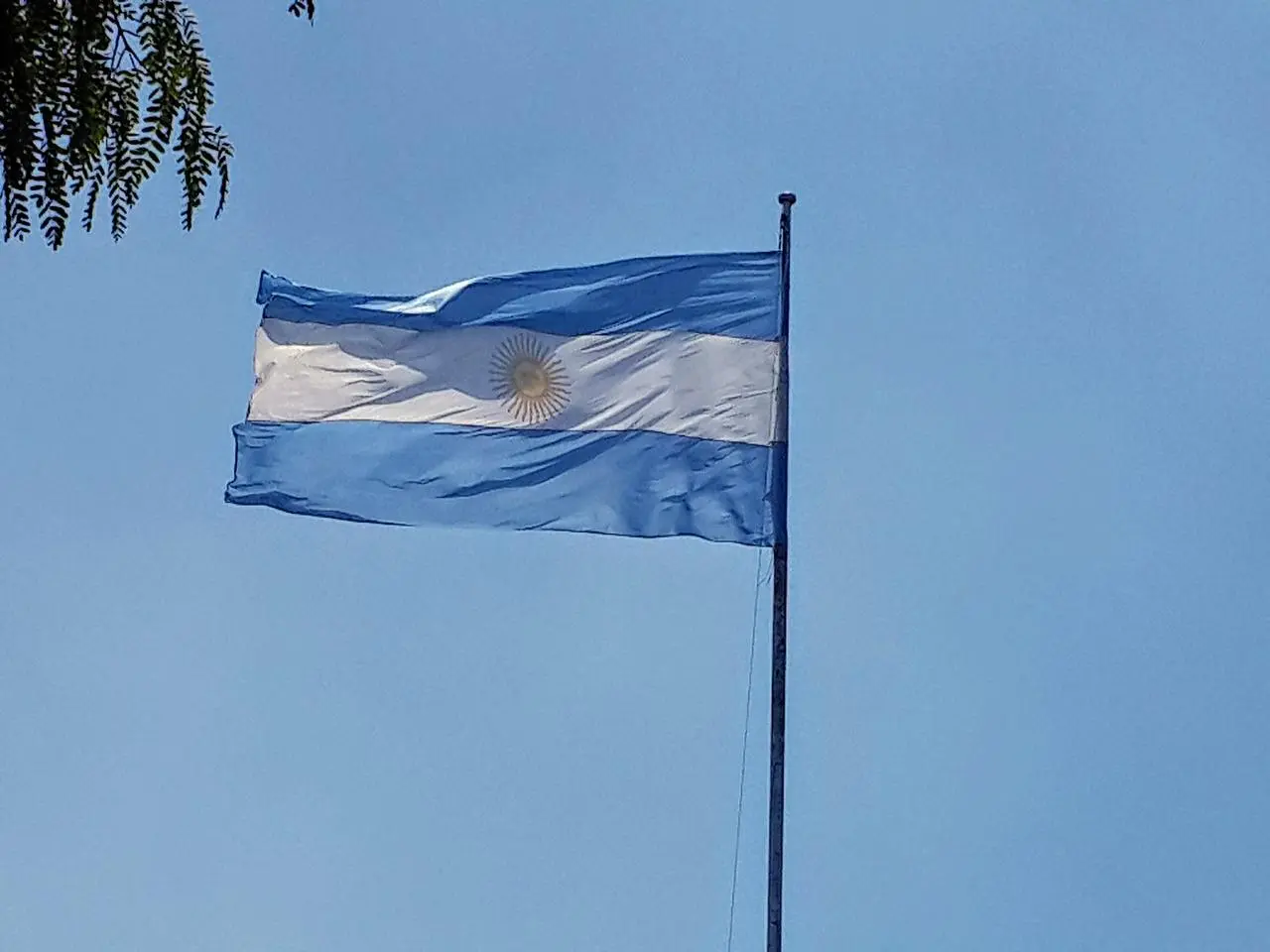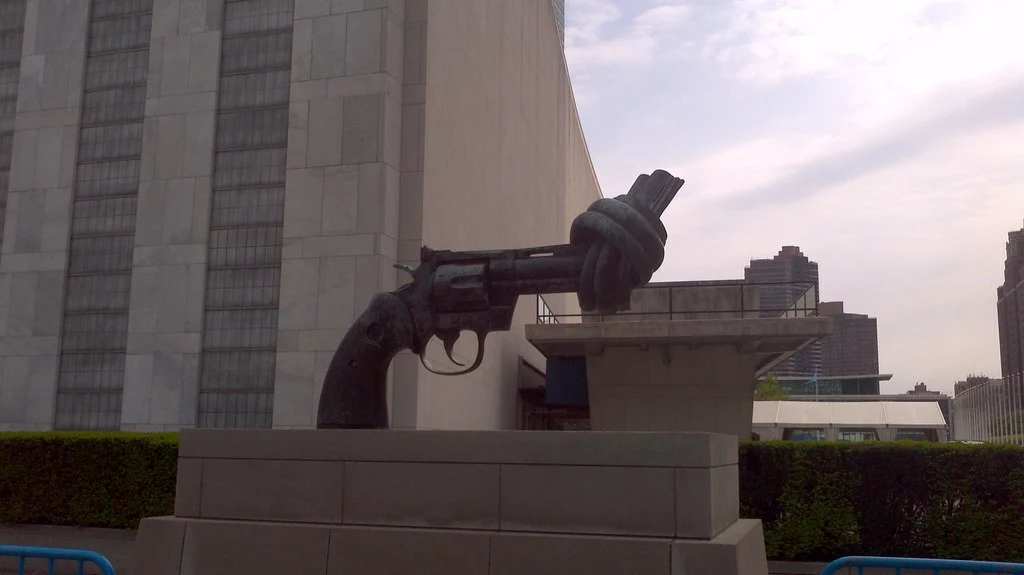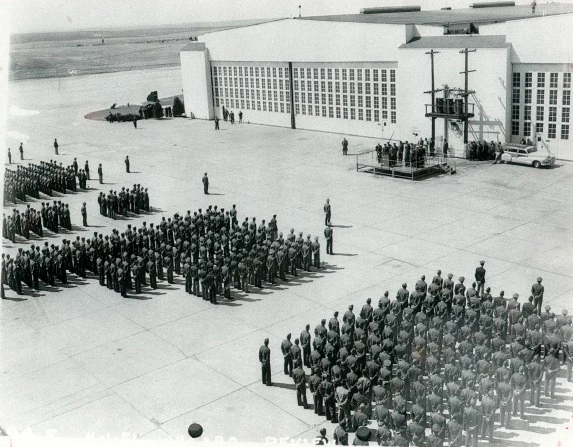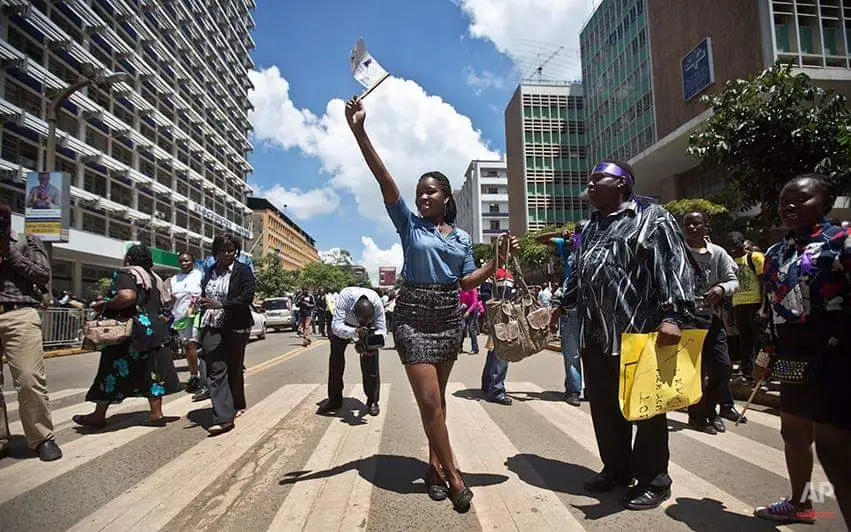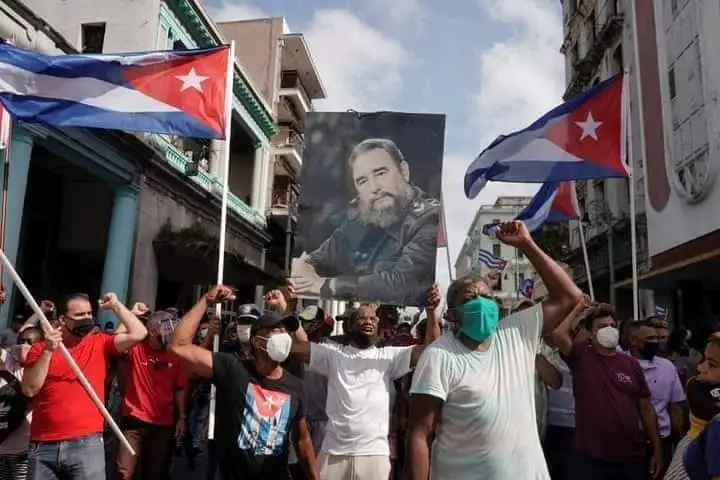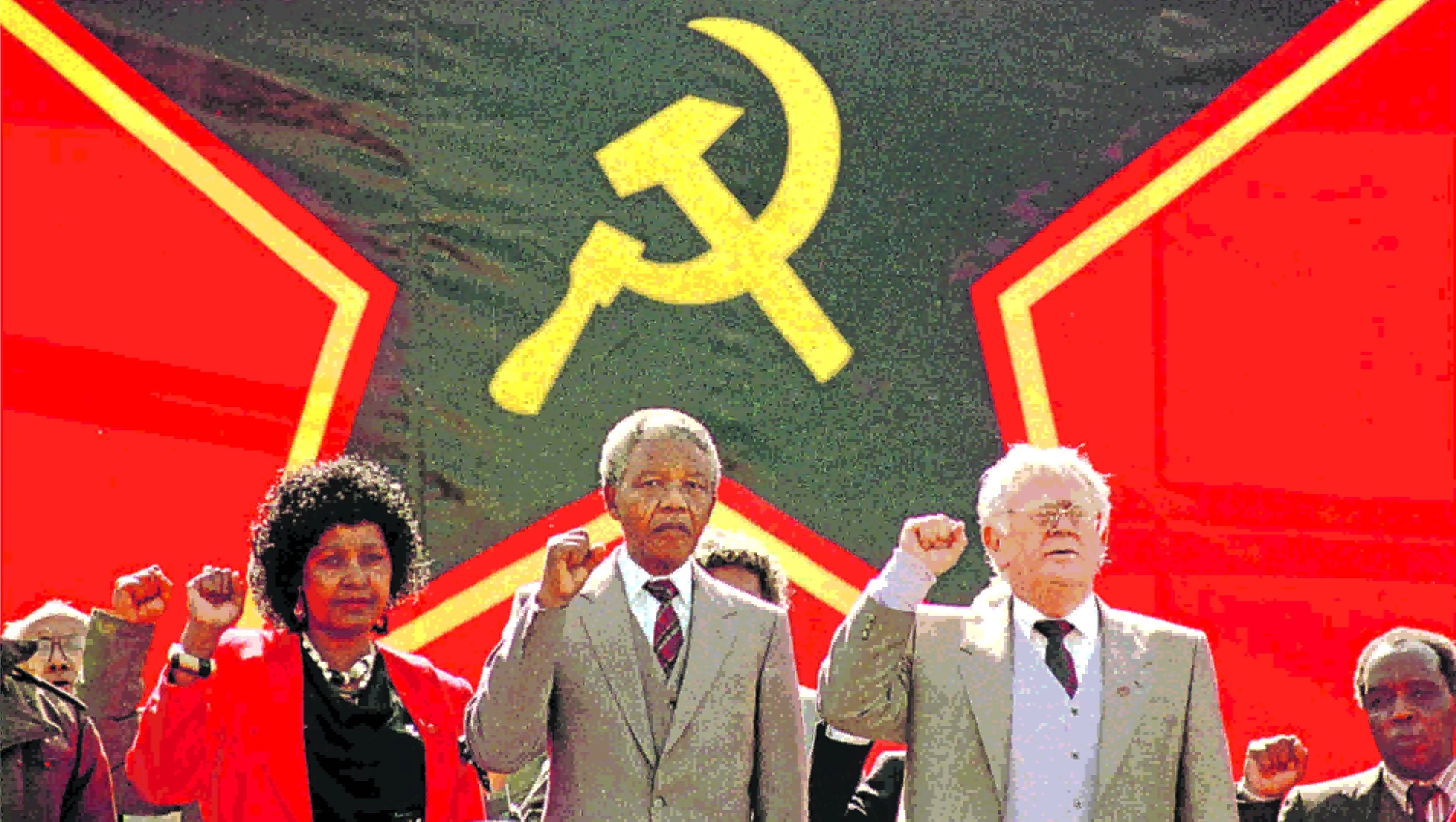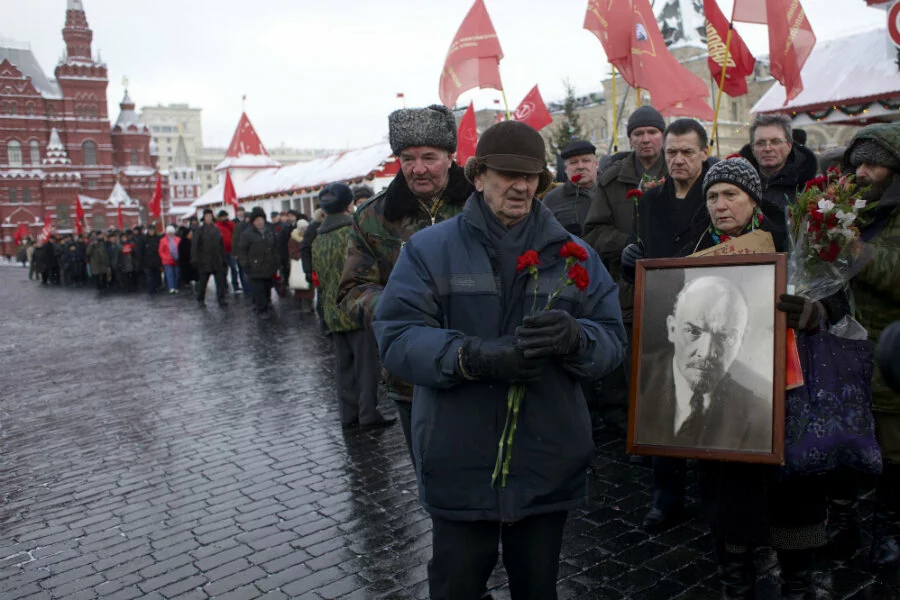Thousands of Argentinians rallied in the principal cities of the country against President Javier Milei’s neoliberal mega decree aimed at privatizing all the public companies of Argentina and undermining citizens’ and labor rights.
The demonstrations occurred on Wednesday night after President Milei announced on national television a Decree of Necessity and Urgency (DNU) that attempts to modify more than 300 laws to “lay the foundations for the reconstruction of the Argentinian economy.”
In the capital, Buenos Aires, demonstrators gathered outside the Congress, where they rang empty pots and pans and bottles, while some called for a general strike.
The Decree of Necessity and Urgency
On Wednesday, December 20, Milei announced in a televised address a mega decree that eliminates or modifies more than 300 laws with the aim of reducing the functions of the Argentinian State (whose institutions are already weak) and strengthening market forces. The DNU deregulates domestic and foreign trade; repeals the Rent Law that favored Argentinians with less economic resources, the National Purchase and Supply Laws; erases labor rights; and moves towards privatization of public companies and football clubs. Accompanied by his cabinet and Federico Sturzenegger, former head of the Central Bank of Argentina who designed the economic deregulation scheme, Milei spoke for 15 minutes in Casa Rosada, the seat of the presidency, where he insisted that with the DNU his government is “starting to break down this oppressive institutional legal framework that has destroyed our country.”
In his speech, Milei declared “public emergency in economic, financial, fiscal, administrative, social security, tariff, health, and social matters.” To justify his all-encompassing “economic adjustment” program, Milei highlighted the “inheritance” he received from his predecessor, Alberto Fernández, claiming that the Argentinian economy is in the worst possible state, with “a fiscal deficit of 15% of the GDP” and a Central Bank “without reserves.” “The country was moving towards an annual inflation of 15,000%—the crisis requires immediate action,” he stressed.
Milei added that in the last decades "failed recipes" were applied, which "some call leftist, socialist, fascist, communist." "It is a doctrine that starts from the premise that the State is more important than the individuals that make up the nation," summarized the president, referring to the Peronist governments without naming names.
Under this precept, he listed 30 points that he considers the "basis of Argentina's economic reconstruction," which include a series of repeals and modifications, of which the most significant are listed below:

Milei claimed that his proposed reforms in labor rights would “modernize” the employment situation and combat precarious employment and poverty wages.
In order to implement these proposals, Milei announced a “three-step plan”: the Stabilization Plan of the minister of Economy, Luis Caputo, which consists of a brutal devaluation and a fiscal and monetary “shock therapy”; the just announced DNU that would “deregulate the economy”; and a proposed set of laws that include tax reforms, the suspension of the Retirement Mobility Law, and a political reform (repeal of the electoral primaries system, PASO). To discuss and get approved the third step, the office of the presidency confirmed that Milei will call for extraordinary sessions of the parliament in the next few days.
Protests and cacerolazos across Argentina
Minutes after Milei finished his televised speech, thousands of Argentinians carrying the national flag went out to their balconies and to the streets of the city of Buenos Aires, various cities of the province of Buenos Aires as well as those of other provinces to protest, ringing empty pots and pans and honking their horns to express their anger and rejection against the announced policies. Some of the largest rallies took place in the cities of Mar del Plata and Rosario.
In Buenos Aires, demonstrators marched to the Congress, raising slogans like “Milei, basura, vos sos la dictadura” (Milei, you are trash, you are dictatorship), and “Que se vayan todos” (All of them should leave), the same slogan that was heard on another December 20, 22 years ago. Milei’s declaration of the mega decree coincided with the 22nd anniversary of the Argentinazo, the protests of 2001 that led to the fall of the government of ex-President Fernando de la Rúa who had tried to implement many of the policies that Milei is trying to implement now. The Milei administration, expecting marches and protests, had already implemented the anti-protest protocol but that did not stop the rallies.
https://twitter.com/pvillegas_tlSUR/status/1737678607001006145
A protester commented to the C5N channel, “Honestly, Milei is a shame… He sold rotten fish to people who voted for him with trust. There are many who still have not realized it, but this is terrible."
The opposition Justicialist Party expressed that Milei’s decree is “null and unconstitutional,” while unions announced that they will go on strike against the announced policies. The general secretary of the General Confederation of Workers (CGT), Héctor Daer, wrote on X (formerly Twitter) that the DNU “subverts the democratic republican order and alters the division of powers. Its unconstitutionality is manifest. We will not tolerate the attack on labor, social and social security rights.”
Editor's Note:
The views and informations expressed in the article are solely those of the author and may or may not reflect the views of The International. We believe in providing a platform for a range of viewpoints from the left.
"The International" belongs to you.✕
Please take a moment to read this. We apologize for any interruption, we want you to know "The International" seeks your valued support at this time. We've proudly served as a pioneering online platform, delivering ad-free media content. With only 2% of our readers opting for a subscription, any contribution you choose holds immense significance—whether it's an annual fee of $25 or a monthly payment of $2.5. — The "The International" Team, committed to providing you with enlightening perspectives. We want to highlight that this sum is even less than what you'd spend on a cup of coffee, yet it greatly aids in sustaining our efforts to perpetuate and enhance your esteemed initiative.
